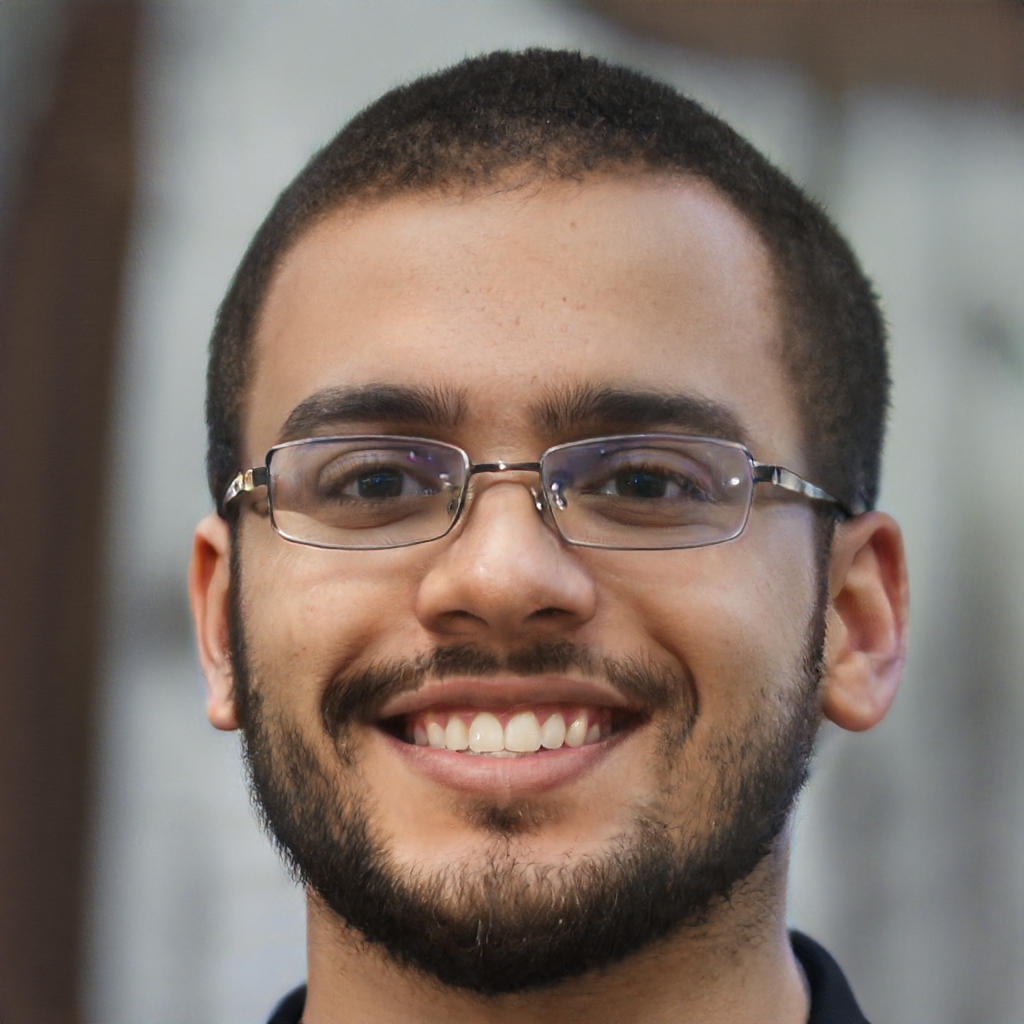Because of this, Pharaoh Hounds can never be off-leash or they may run away, possibly into dangerous situations like oncoming traffic. While consistent training can help improve your dog’s recall skills, it’s best to keep your Pharaoh Hound on a leash or in a safely enclosed fence for exercise, play, and training sessions. At some point in history, the Pharaoh Hound was brought to the Mediterranean island of Malta, possibly by the Phoenicians, where the dogs were used to hunt rabbits. The Pharaoh Hound has been known in Malta for more than 2,000 years, where it has remained virtually unchanged from its ancestors that are seen decorating Egyptian tombs.
Because the Pharaoh Hound’s coat is very thin, they do not tolerate cold well. They cannot be left outside in cold weather, and many Pharaoh Hound owners outfit their dogs in warm coats for winter walks. These dogs also love to snuggle under a blanket with their owners to keep warm. One of the oldest recorded dog breeds, the Pharaoh Hound originated in Egypt thousands of years ago. Evidence of the breed’s ancient history lives on today in beautiful works of art depicting Pharaoh Hounds.

Consult your veterinarian to determine a healthy diet and portion schedule for your Pharaoh Hound based on your specific dog’s age, weight, and activity level. Truly “wash and wear,” the Pharaoh Hound requires little brushing and infrequent bathing. A simple weekly wipe down over the body with a damp cloth is often all that is needed to keep the coat glossy. Pharaoh Hounds do not typically have doggie odor, so bathe only when dirty. Clean the ears weekly with a pet-safe ear cleaner and trim the nails regularly. The Pharaoh Hound was born to run, and it needs appropriate outlets for this abundant energy.

I am Kraig Wharton, a wildlife conservationist and a television personality. I am 30 years old. I was born and raised in the small town of Marion, Alabama. I have always had a love and respect for nature, which led me to pursue a career in wildlife conservation.
I have been very fortunate to have had the opportunity to travel all over the world, working with some of the most endangered species on the planet. My work has taken me to some of the most remote and dangerous places on earth, including war-torn countries such as Iraq and Afghanistan.
I am passionate about educating people about the importance of conserving our natural resources, and I am committed to doing whatever it takes to protect our planet for future generations.
